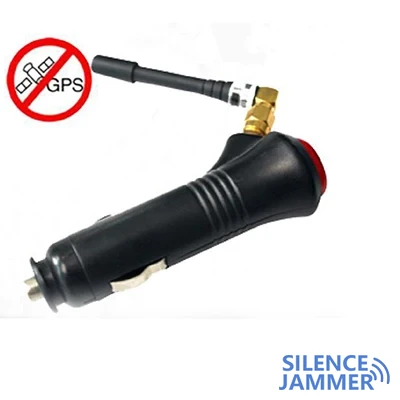The impact of the mobile phone blocking system on Chilean prisons and its operating mechanism
1. Background and implementation motivation of the mobile phone blocking
system
In Chilean prisons, the illegal use of mobile phones has always been a serious problem. https://www.silencejammer.com/mobile-jammer-cell-phone-blocker Prisoners continue to participate in criminal activities through illegally obtained mobile phones, and even coordinate transnational crimes, plan fraud and other illegal acts. To address this problem, the Chilean government passed a law in 2018 to allow the installation of signal jammers in prisons. https://www.silencejammer.com/ However, due to technical and budgetary constraints, the implementation of the law has been slow.
With the increasing rampant criminal activities carried out through mobile phones in prisons in recent years, the Chilean government decided to speed up the deployment of the blocking system. https://www.silencejammer.com/gps-jammer-blocker-car-signal In March 2024, the new mobile phone blocking system will be fully launched, covering the three main prisons in the metropolitan area: Santiago South Preventive Detention Center, Santiago I Preventive Detention Center and the Special High Security Prison Facility. In a statement on November 28, 2023, President Gabriel Borich emphasized that these blocking systems are installed to "block mobile phone signals in prisons, thereby preventing criminal activities from continuing to be coordinated in prisons."
2. Technical principles and operation of the new blocking system
Unlike traditional signal jamming technology, the new blocking system introduced in 2024 has higher accuracy and selectivity. Traditional jamming systems usually block mobile phone signals throughout the prison area, which not only affects prisoners, but also causes inconvenience to prison staff and surrounding residents. The new blocking system selectively blocks prisoners' mobile phone signals by identifying each device within a specific radius.
This more sophisticated jamming technology can effectively avoid signal interference with prison staff and nearby residents. At the same time, it can also ensure that law enforcement officers such as the gendarmerie can communicate unimpeded without affecting daily prison management. The use of this new technology shows that the Chilean government has reached a higher level of technology in the selection and application of signal jammers, which will help improve the efficiency and safety of prison management.

3. Budget and coverage challenges
Despite the technological advancement of the new shielding system, its high implementation cost remains a major challenge for the Chilean government. According to Deputy Minister of Justice Jaime Gajardo, the Chilean government will invest more than 3 billion pesos in 2024 just to block mobile phone signals in the Pedro Monte area. If this plan is to be expanded to 81 correctional institutions across the country, the total operating budget will be as high as 600 billion pesos, accounting for one-third of the budget of the gendarmerie.
Due to the huge cost of this project, the Chilean government can only give priority to 15 of the prison institutions for full deployment. In the next few years, the government will continue to seek financial support to achieve the initial goals of this plan between 2024 and 2025. According to estimates, the shielding system will cover 50% of the prison population in the country, which will greatly reduce the opportunities for prisoners to use mobile phones for criminal activities.
4. Impact on the lives of prisoners and social security
The implementation of the mobile phone blocking system has had a significant impact on the daily lives of prisoners. In the past, prisoners kept in touch with the outside world through mobile phones and used these illegal communication channels to plan criminal activities. The introduction of the blocking system cut off this illegal channel, forcing prisoners to rely on the prison's public telephone system, and their contact with the outside world was greatly restricted.
From a social perspective, this measure has effectively curbed criminal activities in prisons, especially the significant reduction in fraud and extortion cases. In addition, the quality of life of residents outside the prison has been guaranteed, complaints caused by signal interference in the past have been reduced, and daily communications of surrounding residents have been restored to normal.
5. Future Outlook
Although the mobile phone blocking system has made significant progress in technology and application, the Chilean government still faces many challenges. Budget constraints have limited the coverage of the blocking system, and how to ensure the long-term maintenance and updating of the equipment is also a problem that needs to be solved in the future. In addition, as technology develops, prisoners may find new means of communication, and the government also needs to adjust its strategy at any time to deal with new security threats.